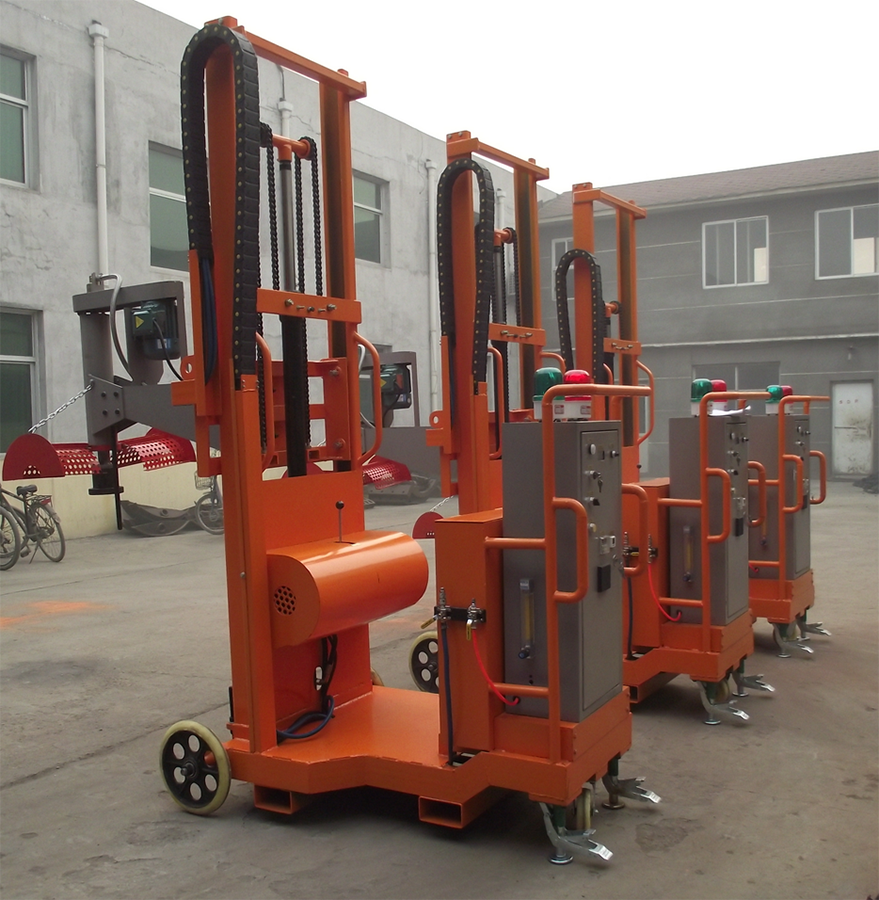

Dec . 17, 2024 18:56 Back to list
The Importance of Scrap Metal Recycling Plants
In our ever-evolving industrial landscape, the significance of recycling can hardly be overstated. Among the various recycling initiatives, scrap metal recycling stands out as one of the most critical processes in modern waste management and resource conservation. Scrap metal recycling plants play a vital role in ensuring that metal waste is effectively processed, recycled, and reused, thereby contributing to environmental sustainability and efficient resource utilization.
Understanding Scrap Metal Recycling
Scrap metal refers to any metal that is waste or discarded after its initial use. This can include leftover metals from manufacturing processes, old appliances, vehicles, construction debris, and consumer goods. Metal is one of the most recyclable materials on the planet, with the ability to be reprocessed multiple times without losing its quality. The two main categories of scrap metal are ferrous and non-ferrous metals. Ferrous metals contain iron and include items like steel and cast iron, while non-ferrous metals consist of materials like aluminum, copper, lead, and brass.
Recycling these metals not only conserves natural resources but also saves energy. It is estimated that recycling aluminum saves up to 95% of the energy required to produce new aluminum from raw materials. Therefore, scrap metal recycling plants are essential in reducing the consumption of energy and resources in metal production.
The Process of Metal Recycling
The operation of a scrap metal recycling plant typically involves several stages. First, scrap metal is collected from various sources, including households, industries, and construction sites. This collected scrap is then sorted into different categories based on its type and quality. Advanced technologies such as shredders, magnets, and sensors are often employed to enhance the sorting process, ensuring that contaminants are eliminated and that various metal types are accurately separated.
Once sorted, the metal is processed for recycling. This usually involves shredding the metal into smaller pieces to facilitate easier handling and melting. The shredded metal is then fed into furnaces, where it is melted down and purified. The molten metal is poured into molds to create new metal products or ingots, which can further be used in manufacturing processes.

Environmental Benefits
The environmental benefits of scrap metal recycling are profound. By reprocessing metal, we significantly reduce the need for mining new ores, which can lead to deforestation, habitat destruction, and pollution. Additionally, recycling metals helps to decrease greenhouse gas emissions associated with metal production.
Another notable benefit is the reduction of landfill waste. Metal comprises a significant portion of the waste generated in landfills, often taking hundreds of years to decompose. By promoting scrap metal recycling, we can divert a considerable amount of waste from landfills, thereby extending their lifespan and minimizing environmental contamination.
Economic Impacts
Beyond environmental considerations, scrap metal recycling plants also have significant economic impacts. They create jobs in communities, from collection and processing to transportation and sales. Moreover, the recycling industry contributes to the economy by providing raw materials for various manufacturing sectors. With the global demand for metals on the rise, the recycling of scrap metal has become a lucrative business that supports local economies while promoting sustainable practices.
Conclusion
In conclusion, scrap metal recycling plants are an integral part of a sustainable future. They serve not only to recycle valuable materials but also to protect our environment, conserve natural resources, and bolster local economies. As awareness of the importance of recycling continues to grow, it is essential for communities and industries to support and invest in scrap metal recycling initiatives. Embracing these practices will not only help reduce waste and pollution but also pave the way for a more sustainable and economically viable future. By recognizing the value of scrap metal and the crucial role of recycling plants, we can all contribute to a healthier planet and a more resource-efficient world.
Latest news
Troubleshooting Common Eddy Separator Problems
NewsJul.04,2025
The Role of Metal Recycling Plants in Circular Economy
NewsJul.04,2025
The Impact of Recycling Line Pickers on Waste Management Costs
NewsJul.04,2025
Safety Features Every Metal Shredder Should Have
NewsJul.04,2025
How Industrial Shredders Improve Waste Management Systems
NewsJul.04,2025
How Cable Granulators Contribute to Sustainable Recycling
NewsJul.04,2025